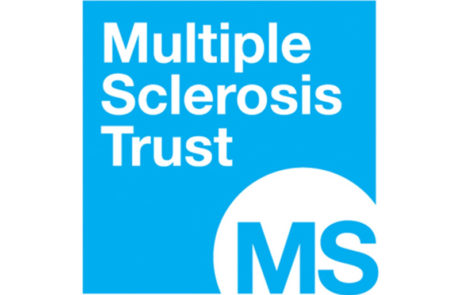
Database of Adverse Events Associated with Drugs and Drug Combinations
By Aleksandar Poleksic and Lei Xie
Adverse events are a major hurdle when testing drugs due to safety models proving unreliable in combination therapies. The quantity of possible drug combinations in in excess of a million. Hence the reality of studying these combinations let alone storing and categorising the adverse events associated with each, is logistically complex. A new statistical computational technique developed by Poleksic et al using 2 databases to compare adverse events of drugs in combination against adverse events of individual drugs. Read the open access Scientific Report below:

European Drug Regulator Recommends Restricted Use of Lemtrada
By Multiple Sclerosis Trust
Restricted use of Lemtrada has been recommended by the European Medicines Agency, in patients with highly active relapsing remitting MS or certain heart, circulation, bleeding or alternative immune disorders (other than MS). The most recent review of Lemtrada follows a previous review indicating several other potentially dangerous side effects.

Type 2 Diabetes Mellitus: Evaluating the Safety of New Drugs for Improving Glycemic Control Guidance for Industry
By FDA
The FDA have updated the previous Diabetes Mellitus guidance published in 2008. The update comes as new data revealed that inclusion of patients who have diabetes-associated complications in trials testing new anti-diabetic drugs would be beneficial – following valid CV assessment. However, the data provided by several Cardiovascular Outcome Trials provide an indication of reduced risk of CV events.

Q3d(R1) Elemental Impurities
By FDA
Updated guidance on the level of elemental impurities in drugs.

Contact Dermatitis from Topical Drug Products for Cutaneous Application: Human Safety Assessment Guidance for Industry
By FDA
New guidance from the FDA Office of Medicinal Products and Tobacco reveals the current draft understanding of the safety risks involved in new drugs developed as a topical agents with respect to inducing contact dermatitis. The data comes from a workshop held in 2018 entitled “Human Dermal (Skin) Safety Testing for Topical Drug Products,”

Non-Clinical Safety Evaluation of the Immunotoxic Potential of Drugs and Biologics Guidance for Industry
By FDA
Draft supplementary guidance is being created by the FDA relating to immunotoxic potential of drugs and biologics in addition to the advice provided in current ICH assessments. The purpose being to assist non clinical evaluations.

Disruption of Podocyte Cytoskeletal Biomechanics by Dasatinib Leads to Nephrotoxicity
By R. Calizo et al
Clinical trials involving kinase inhibitor treatments often run into critical adverse events induced by nephrotoxicity. New modelling and analysis techniques regularly help provide predictions of drug success based on previous data libraries. Recent meta-analysis of data collected from the FDA Adverse Events Reporting System indicated that dasatabib, a kinase inhibitor, directly affects podocyte function and hence induces nephrotoxicity. Read the open access Nature Communications below:

Esai Will Pull Obesity Drug Belviq off US Shelves after FDA Flags Cancer Risks
By Kyle Blankenship
The FDA has requested that Belviq and Belviq XR are removed from sale in the US market due to its benefits being outweighed by the risks. The drugs initial purpose was to tackle obesity , however, new data indicates an increased risk of some cancers in patients with cardiovascular diseases among other risk factors.

EMA Suspends Picato as a Precaution While Review of Skin Cancer Risk Continues
By European Medicines Agency
Early this year, the European Medicines Agency recommended that patients stop using Picato gel in the treatment of actinic keratosis due to a potentially increased risk of skin cancer in the treatment area. Marketing authorisation for the drug has been suspended until further data emerges from PRC.
